Check out the interactive maps on our BU Civic Media Hub website to find out!
Everyday tear gas is used around the world, from Brazil to Bahrain, from Thailand to the Occupied Territories of Palestine. Yet, while journalists file news stories of tear gas deployments, there is no national or international data recorded on its use or its effects.
Researchers and campaign groups work hard to raise awareness of the true effects of tear gas, yet its health effects remain undetermined and its death toll ill-defined. Data on tear gas is dispersed across nations, suppressed by governments, and spun by corporate manufacturers with a vested interest in keeping sales figures high. Largely unregulated and unmonitored, the for-profit transnational trade in tear gas continues to raise legal questions, as people around the world face its repressive and often violent effects.
Our 2015 Mapping the Media project sought to aggregate news reports on tear gassing in efforts to make public the frequency and motivations for its use. The maps form part of a larger research project led by Dr. Anna Feigenbaum, Senior Lecturer in Digital Storytelling at Bournemouth University. The 2015 mapping was done by Dr. Feigenbaum and her Undergraduate Research Assistant (URA) Laura McKenna with support from Dr. Pippa Gillingham and the BU Datalabs Team that came together through CCCP Fusion Grant in 2014.
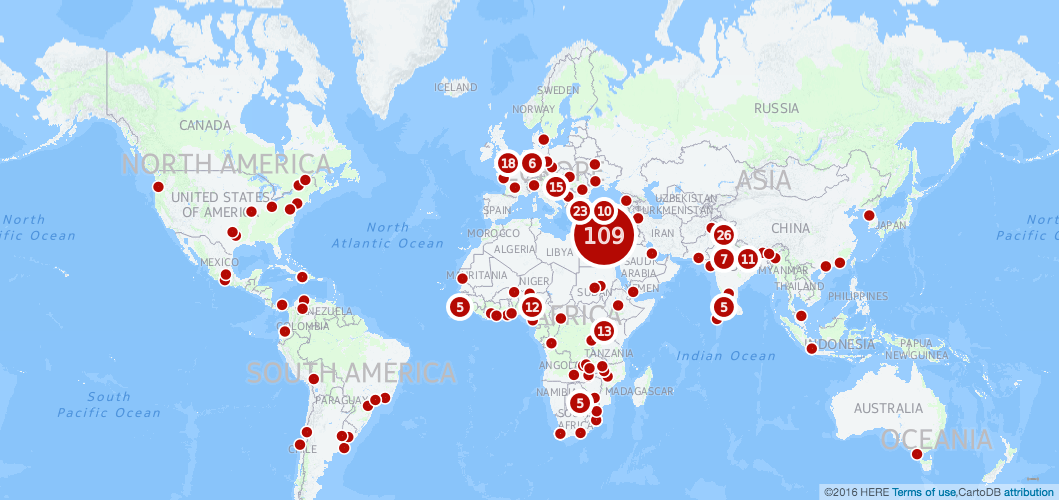
Find out more about digital storytelling for impact from Dr. Feigenbaum’s blog post on the topic.
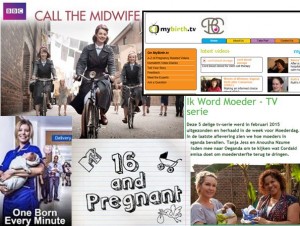 Our latest paper in the international journal BMC Pregnancy & Childbirth published late last month was highlighted yesterday in a
Our latest paper in the international journal BMC Pregnancy & Childbirth published late last month was highlighted yesterday in a  Our paper is great example of interdisciplinary research, as celebrated at the forthcoming Interdisciplinary Research Sector Day on June 21st (
Our paper is great example of interdisciplinary research, as celebrated at the forthcoming Interdisciplinary Research Sector Day on June 21st (



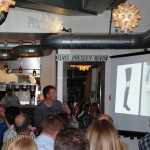

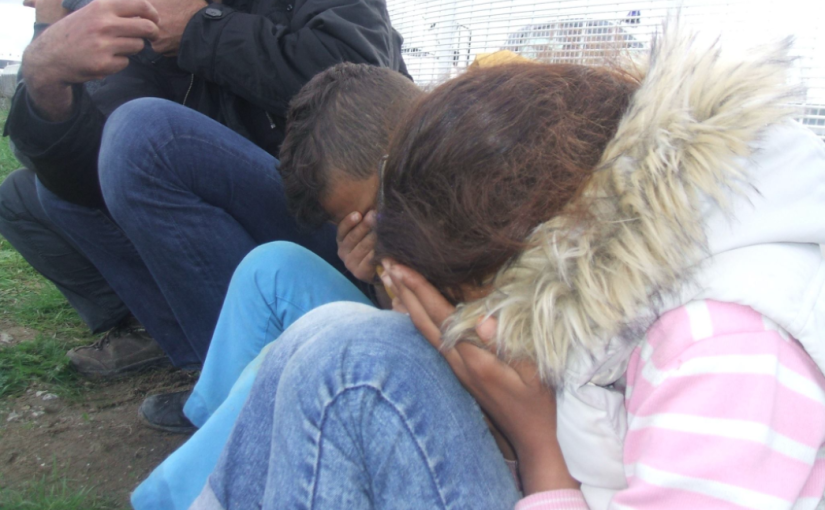

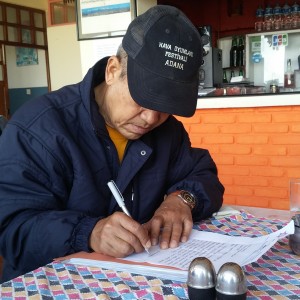
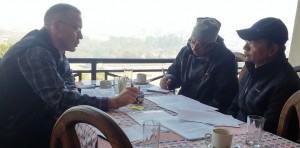


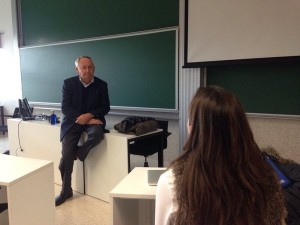

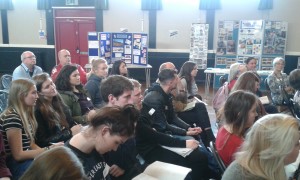
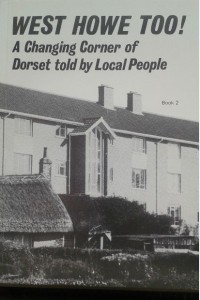
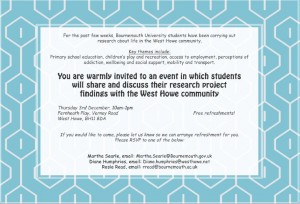

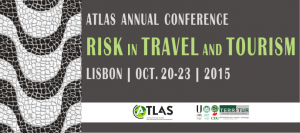











 REF Code of Practice consultation is open!
REF Code of Practice consultation is open! BU Leads AI-Driven Work Package in EU Horizon SUSHEAS Project
BU Leads AI-Driven Work Package in EU Horizon SUSHEAS Project Evidence Synthesis Centre open at Kathmandu University
Evidence Synthesis Centre open at Kathmandu University Expand Your Impact: Collaboration and Networking Workshops for Researchers
Expand Your Impact: Collaboration and Networking Workshops for Researchers ECR Funding Open Call: Research Culture & Community Grant – Apply now
ECR Funding Open Call: Research Culture & Community Grant – Apply now ECR Funding Open Call: Research Culture & Community Grant – Application Deadline Friday 12 December
ECR Funding Open Call: Research Culture & Community Grant – Application Deadline Friday 12 December MSCA Postdoctoral Fellowships 2025 Call
MSCA Postdoctoral Fellowships 2025 Call ERC Advanced Grant 2025 Webinar
ERC Advanced Grant 2025 Webinar Update on UKRO services
Update on UKRO services European research project exploring use of ‘virtual twins’ to better manage metabolic associated fatty liver disease
European research project exploring use of ‘virtual twins’ to better manage metabolic associated fatty liver disease